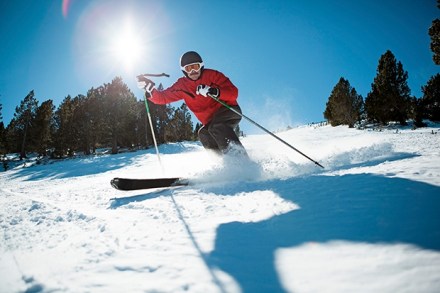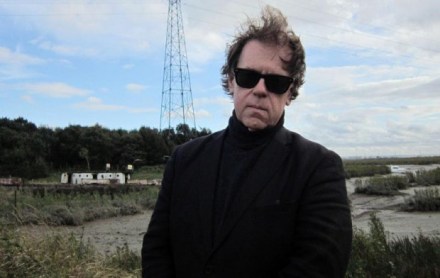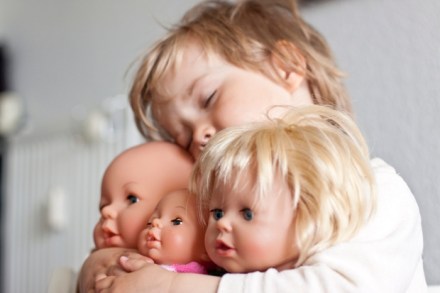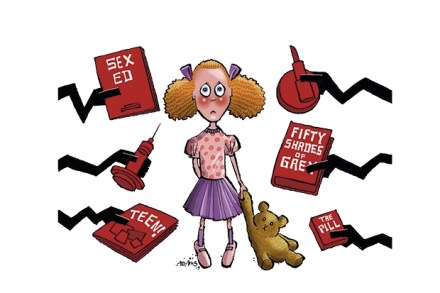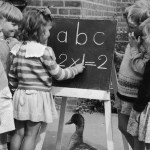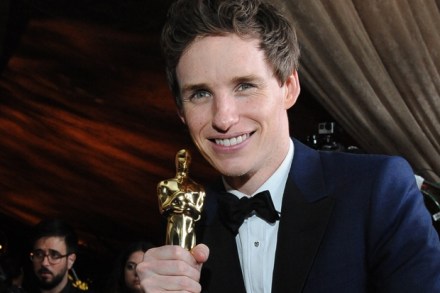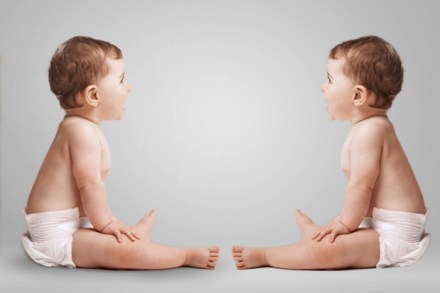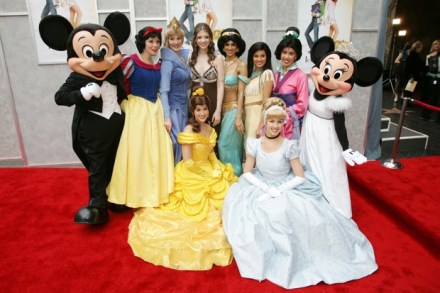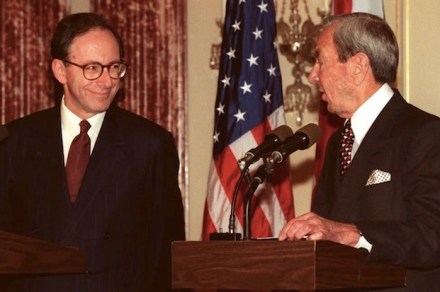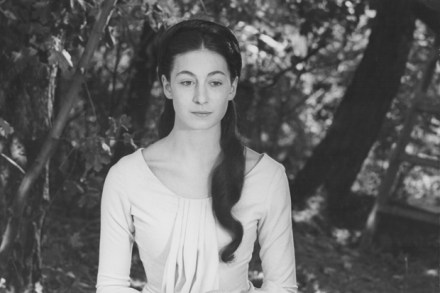Private fears
I should have known the London prep school scene was a racket from the way parents talk about it. They sound mad. ‘You’re too late!’ I was told by one mother, when my Little Face (not his real name) was nine months old, as if we had, by a whisker, missed the lifeboats at the Titanic. ‘What schools are you considering?’ asked a stranger in the playground. I muttered some names and she, a drab suburban Maleficent, cursed me. ‘You’ll be lucky,’ she smiled, as I dreamed of laying a peculiarly north London curse of my own: ‘May your child fail its A-levels.’ Even so, I put Little Face on



